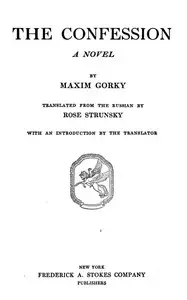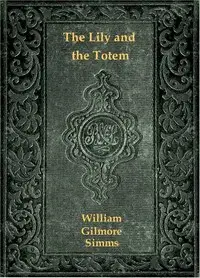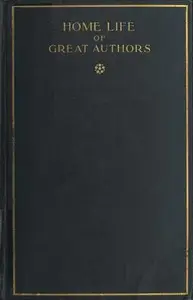"Confession; Or, The Blind Heart. A Domestic Story" by William Gilmore Simms, is a narrative set in the 1800s following orphaned Edward, who navigates a difficult childhood where his indifferent relatives fuel his feelings of isolation further complicating his budding relationships with his cousin, Julia, and his friend, William in the process. Edward's journey through adolescence into adulthood is marked by inner turmoil, fueled by jealousy and mistrust as he studies to become a lawyer; his emotional unawareness leads to troubles with his uncle, and misunderstandings with Julia, all while he attempts to mature, trying to find love, acceptance, resolve his pride, and overcome his deep-seated challenges and emotional struggles.

Confession; Or, The Blind Heart. A Domestic Story
By William Gilmore Simms
An orphan's tangled emotions threaten to destroy his chances at love and success as he struggles to understand himself and the passions of the heart.
Summary
About the AuthorWilliam Gilmore Simms was a poet, novelist, politician and historian from the American South. His writings achieved great prominence during the 19th century, with Edgar Allan Poe pronouncing him the best novelist America had ever produced. He is still known among literary scholars as a major force in antebellum Southern literature. He is also remembered for his strong support of slavery and for his opposition to Uncle Tom's Cabin, in response to which he wrote reviews and the pro-slavery novel The Sword and the Distaff (1854). During his literary career he served as editor of several journals and newspapers and he also served in the South Carolina House of Representatives.
William Gilmore Simms was a poet, novelist, politician and historian from the American South. His writings achieved great prominence during the 19th century, with Edgar Allan Poe pronouncing him the best novelist America had ever produced. He is still known among literary scholars as a major force in antebellum Southern literature. He is also remembered for his strong support of slavery and for his opposition to Uncle Tom's Cabin, in response to which he wrote reviews and the pro-slavery novel The Sword and the Distaff (1854). During his literary career he served as editor of several journals and newspapers and he also served in the South Carolina House of Representatives.


















